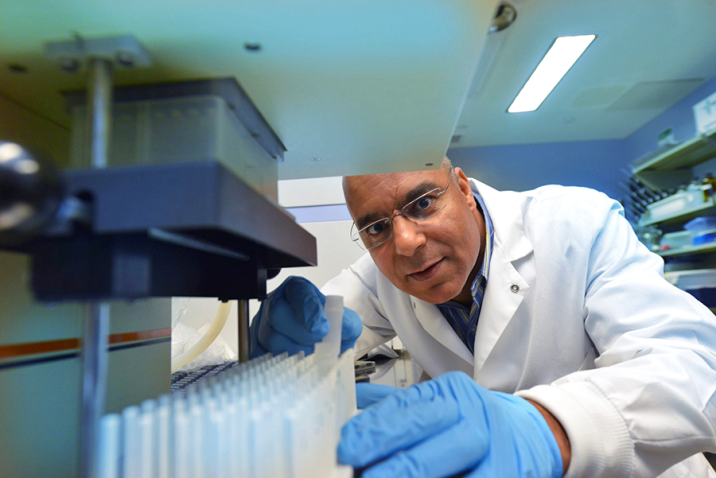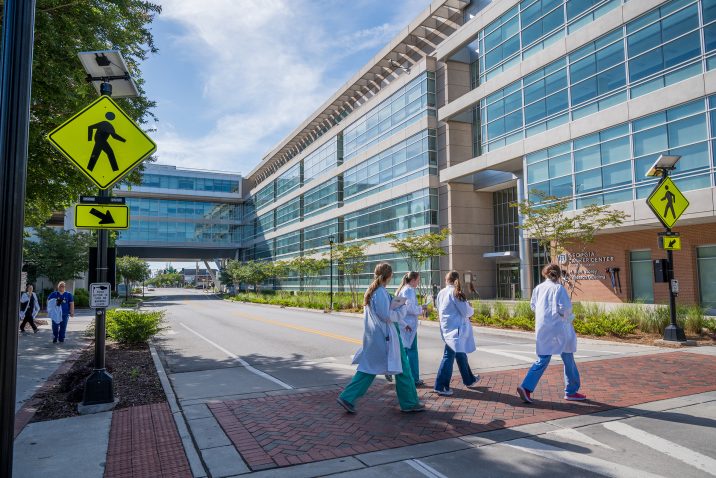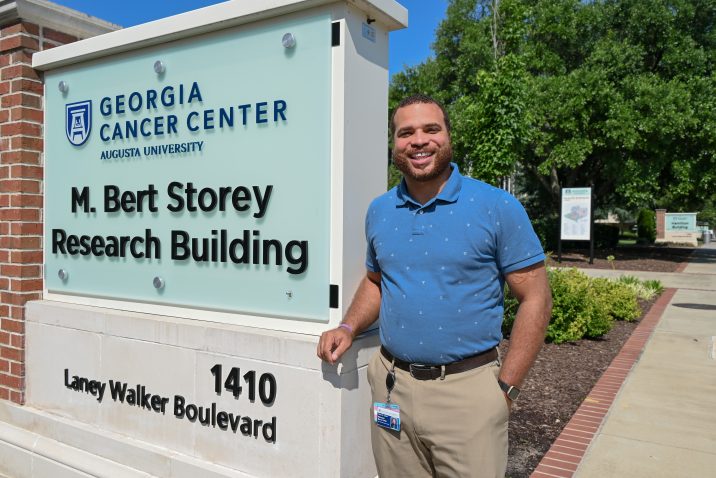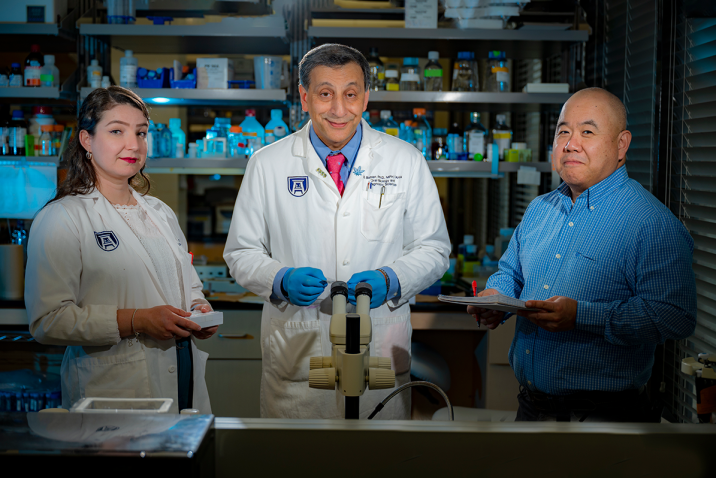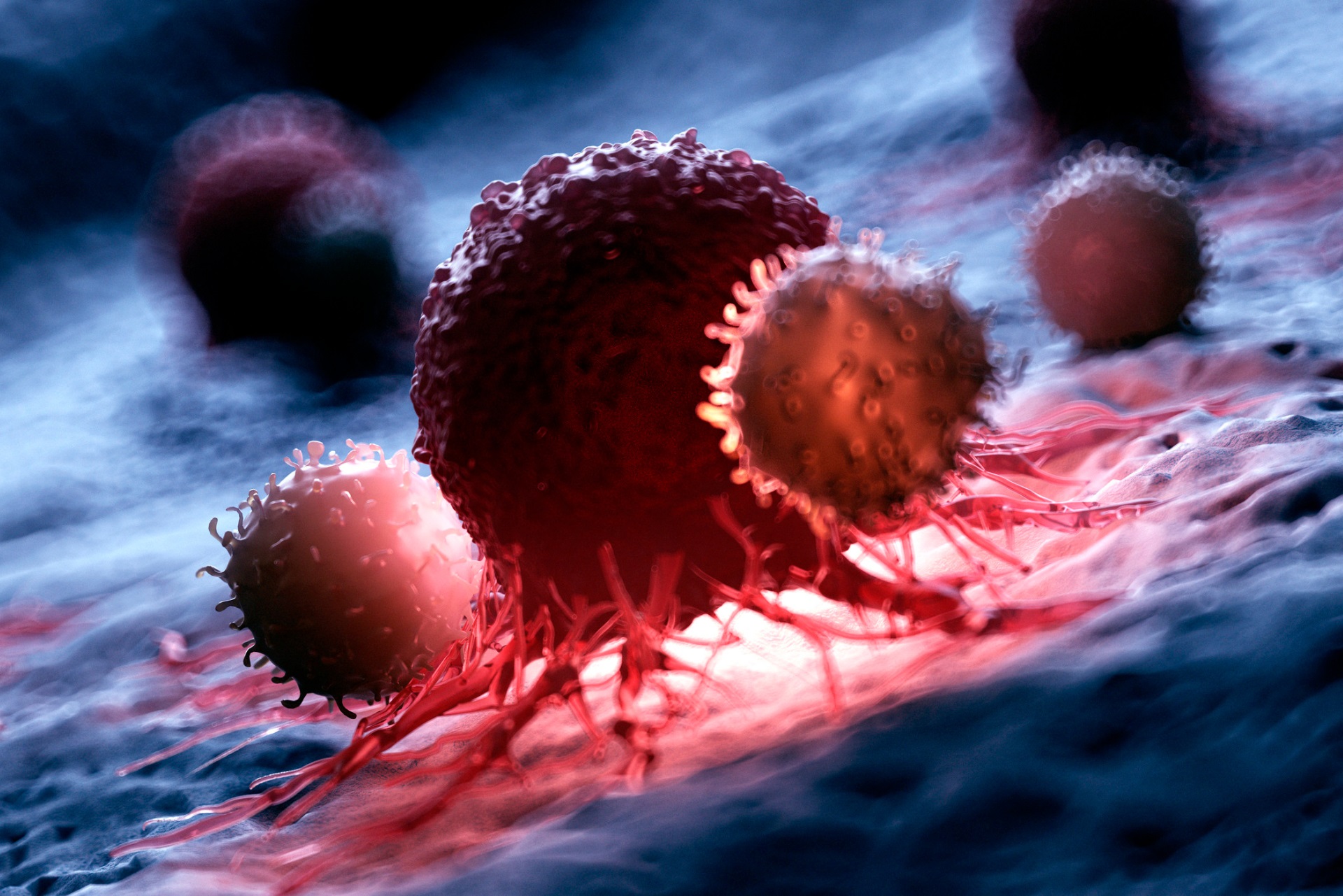Medical College of Georgia researcher awarded $2.8 million NCI grant
The grant awarded for Chadli’s research focuses on a specific protein, UNC45A, that can be used as a promising novel immunotherapeutic target in treating triple-negative breast cancer (TNBC).



